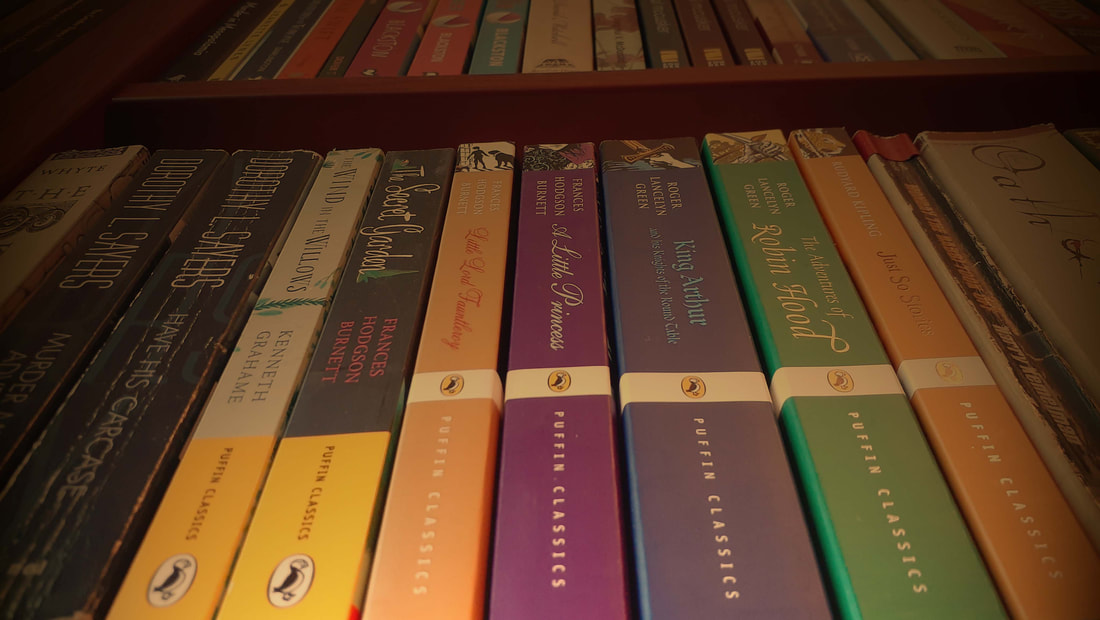|
We read about conflict all the time, whether we pick up a biography to learn the true story of Corrie ten Boom resisting the Nazis, or pore over a biology textbook to find out how white blood cells combat infection. Conflict seems to be an inescapable part of life. At a fundamental level stories are all about conflict. There's some challenge our characters face, some obstacle they need to overcome. We know what that's like. We experience conflict in our own lives, whether that's conflict with others or even within ourselves. We know what it's like to go through pain and heartache. Li-Young Lee's poem "The Gift" is about a boy who suffers a small yet familiar hardship. He gets a splinter in his hand. But thankfully for him, he has someone by his side to get him through. Here are the opening lines of the poem: To pull the metal splinter from my palm The love and care with which the father treats the boy stays with him. The poem goes on to describe the same boy as an adult, holding his wife's hand tenderly. He cares for her the way he's been taught, with gentleness and understanding.
But let's think back to what exactly the father does. As he removes the splinter, the father tells the boy a story. Maybe this is only meant to be a distraction. Something to take the boy's mind off the pain. The poet might have included any number of things here to distract the boy, so why include a storytelling? Perhaps it points to the fact that just as stories are about conflict, they're also about resolution. Another word we could use for that is healing. Stories meet us where we are, in our conflict and pain, and show us where we can go. Heartache doesn't have to be the end of our story. There's reason to hope. The boy in the poem doesn't remember the specifics of the story. What he does remember is his father's calming voice. He remembers the bond of love between them. To tell a story is to share an experience with someone else. A storyteller creates a world out of thoughts and feelings and invites another person to enter in. Author and reader live the story together, sharing in the good times and the bad, experiencing hardship and relief. As readers we get the sense that someone else is with us, that someone else understands. The best stories reach out to us like a parent comforting a child. They let us know that whatever struggles we face, we don't have to face them alone.
Comments
|
David Raphael HilderJoin the conversation as we explore the best there is in fantasy, sci-fi, adventure, and of course, the classics Archives
December 2020
Categories
All
|

